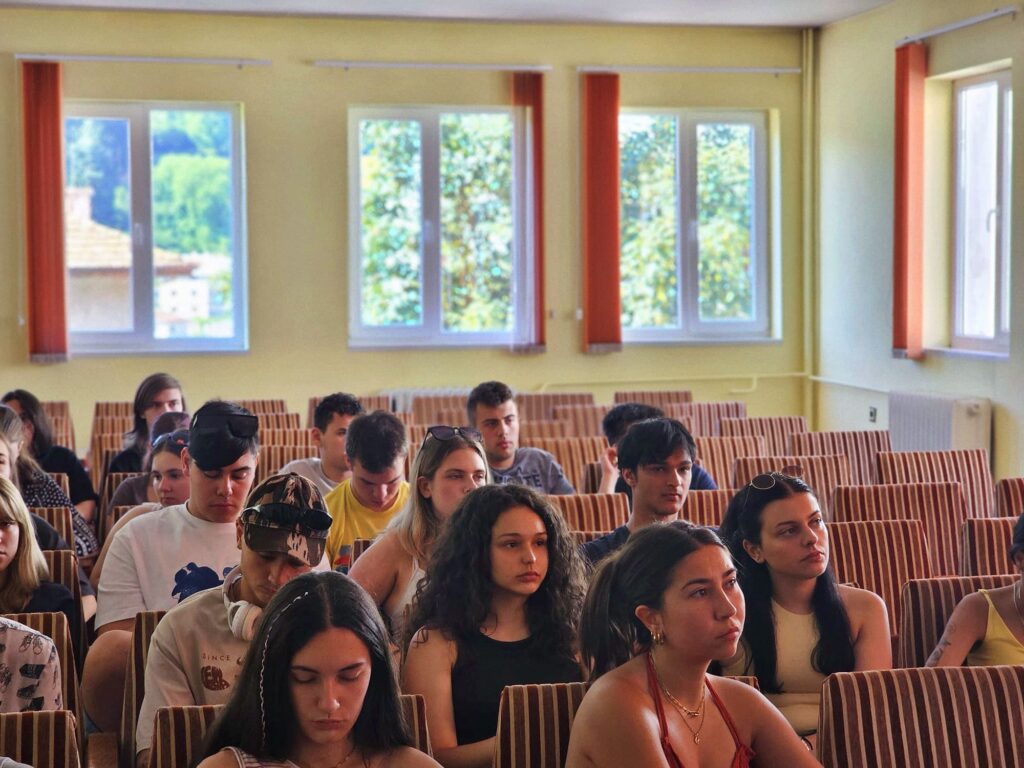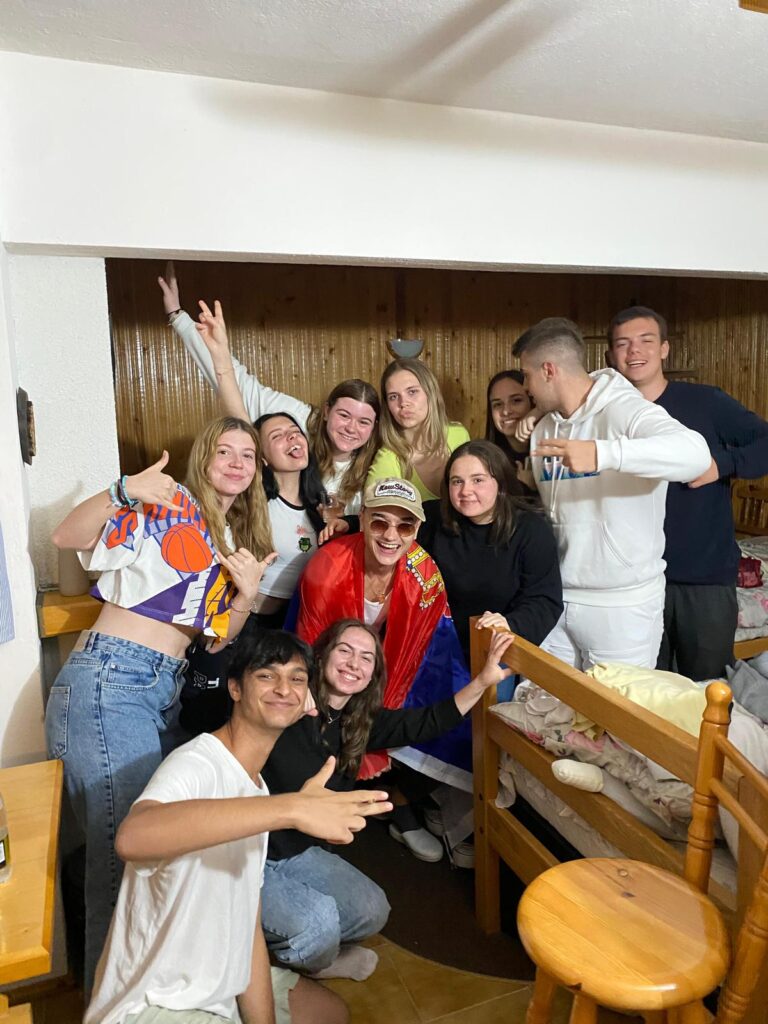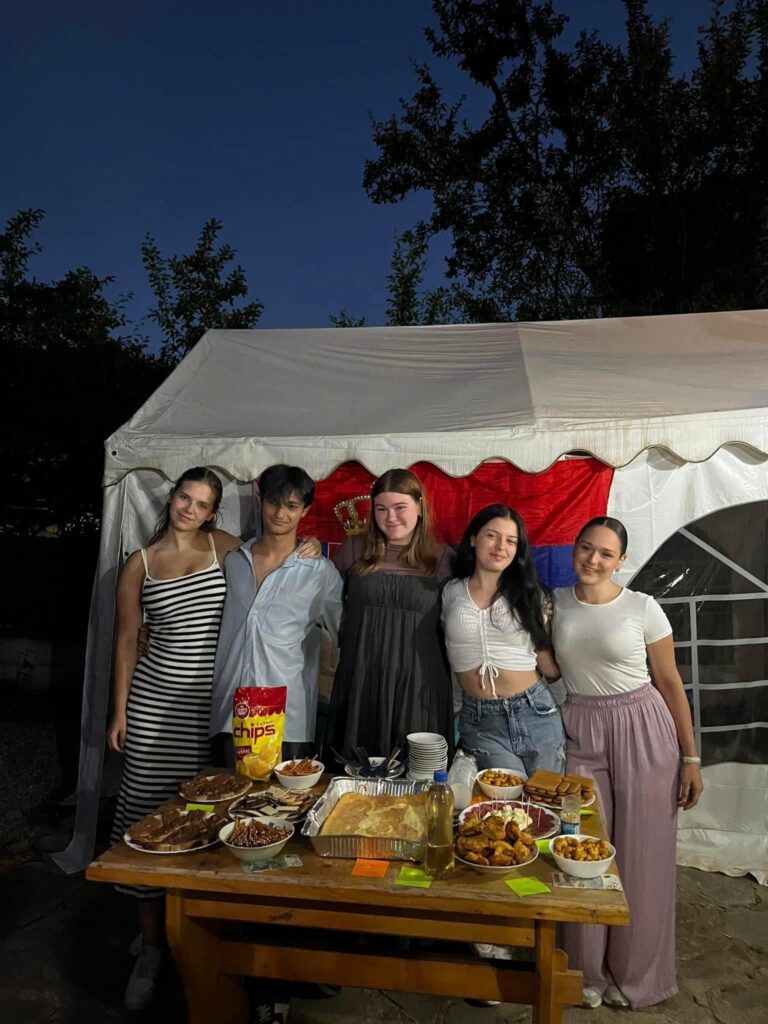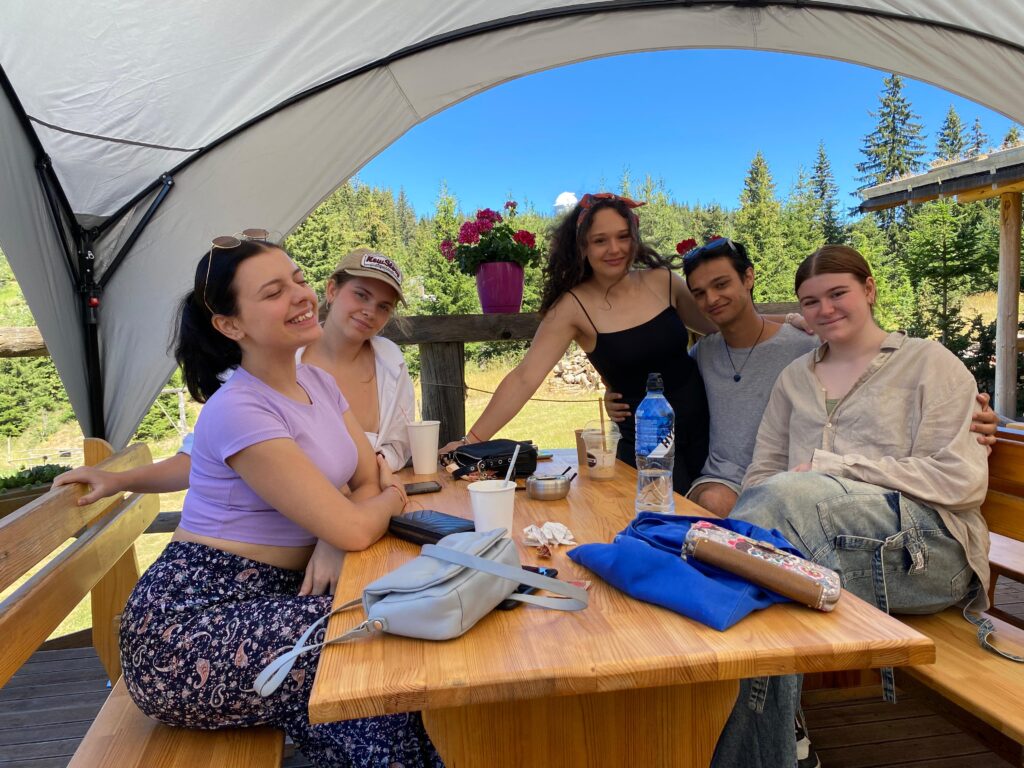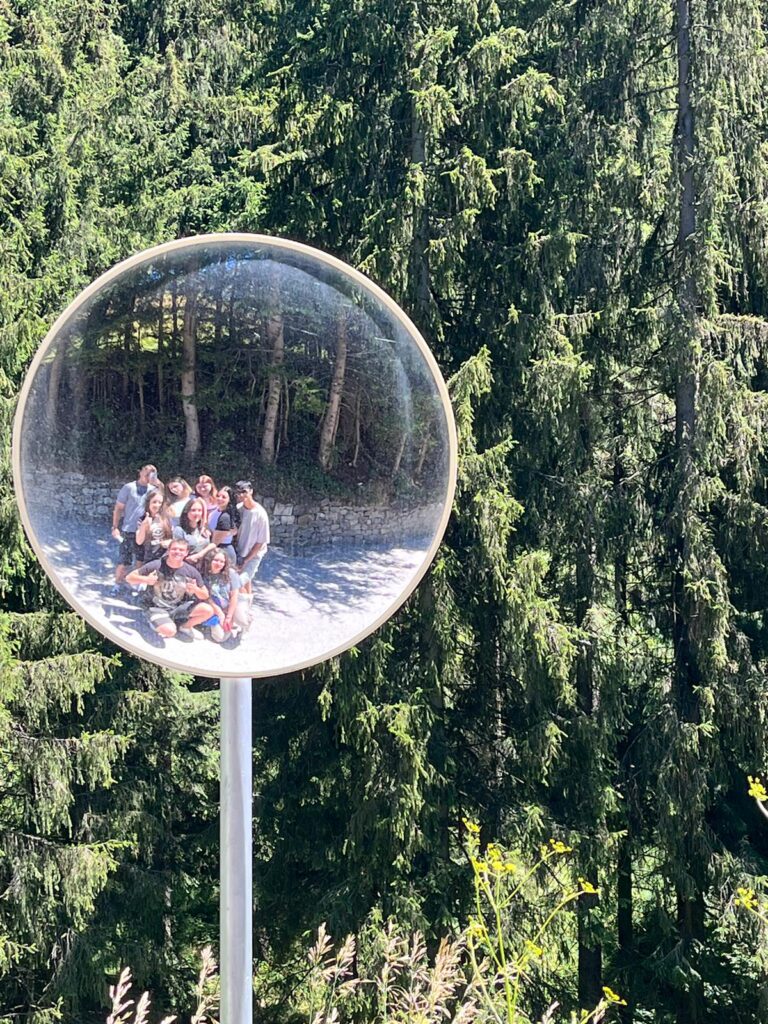LOVE DOESN'T HURT
Youth Exchange
06.07-16.07.2024.
Progled, Bulgaria
Our participants have successfully completed the “Love Doesn’t Hurt” project, which took place from July 6th to July 16th, 2024, in Progled, Bulgaria. They’re heading home with valuable knowledge and a renewed drive to challenge patriarchal stereotypes and promote healthy relationships and gender equality.
During the project, they tackled the complexities of gender relations, communication, and gender-based violence. They learned how to identify toxic relationships and understand what makes a healthy one, as well as how to grow personally through genuine connections and better communication. These discussions were grounded in real-life examples and everyday situations, making the insights directly applicable to their own lives and interactions.
The project placed a strong emphasis on breaking down gender stereotypes and addressing LGBTQ+ issues, offering participants a broader perspective on inclusivity and diversity in relationships. In addition to exploring social dynamics, they were introduced to the legal frameworks surrounding gender-based violence, helping them gain a deeper understanding of the rights and protections available to victims. This not only enhanced their awareness but also equipped them with the tools to offer emotional and practical support to those in need.
Through hands-on workshops and discussions, they developed practical skills they can now bring back to their communities. These skills include recognizing unhealthy relationship patterns, promoting open communication, and fostering an environment where gender equality is the norm. The project also encouraged participants to think critically about the cultural narratives that shape their understanding of gender roles, empowering them to challenge outdated views and advocate for change.
This project, funded by the European Union through Erasmus+, has given them the tools and motivation to be advocates for change in their own environments. Whether by initiating community discussions, providing support to those affected by gender-based violence, or simply leading by example, they are now prepared to take an active role in promoting healthier, more inclusive relationships. This experience has not only expanded their understanding but also motivated them to contribute to a more equitable future in their respective communities.

